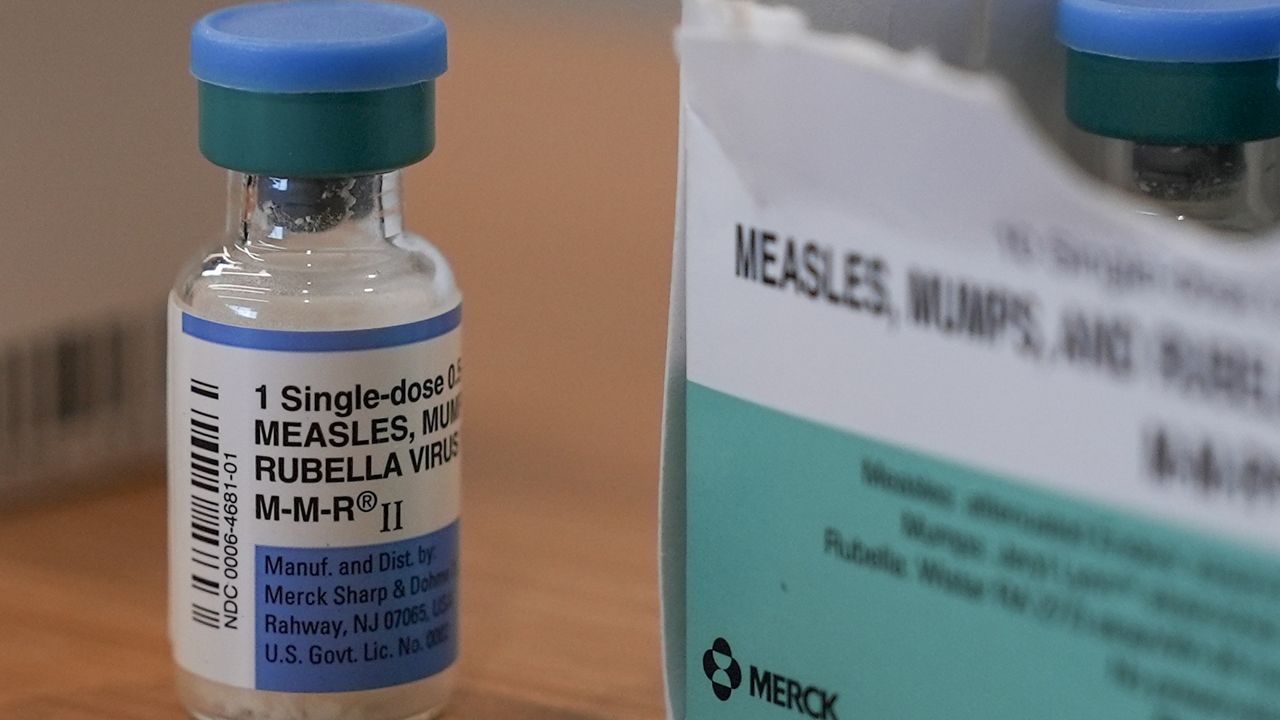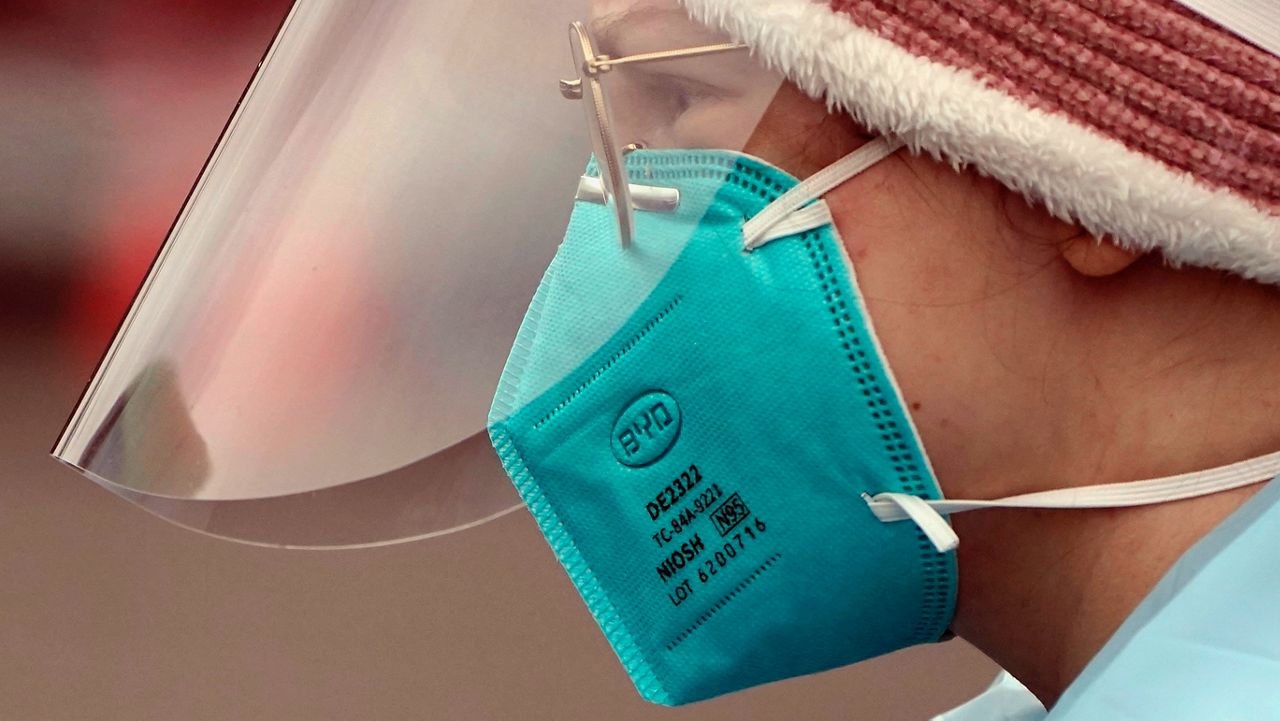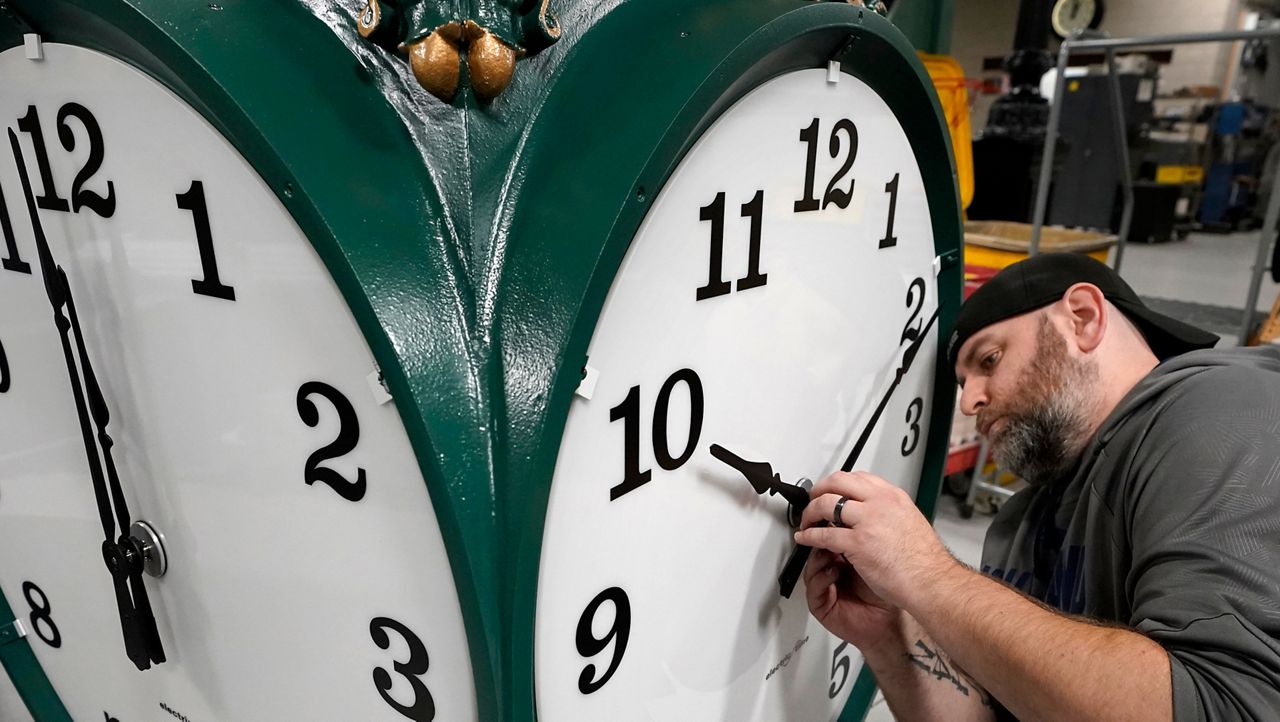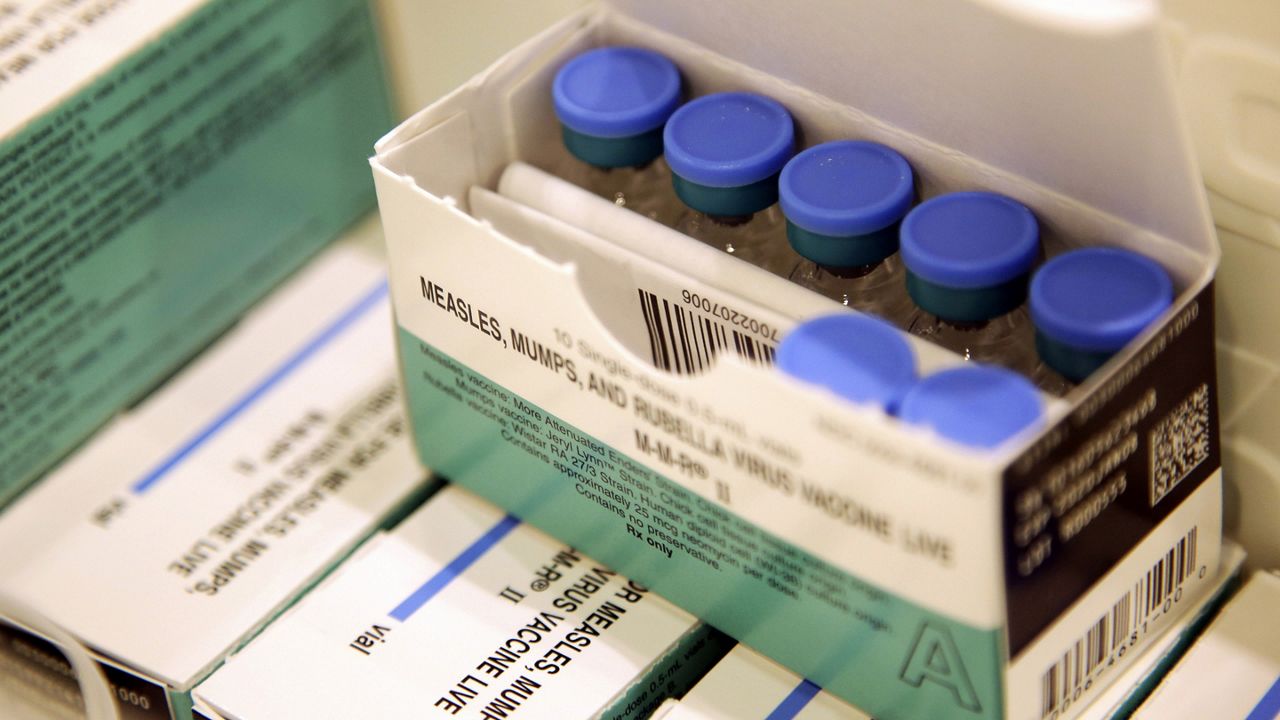Jennifer Lacalandra has a permanent reminder of her battle against breast cancer — tattooed on her wrist.
"Never in my wildest dreams [did] I think at 41 years old, I was going to have breast cancer. I was healthy. I ate well. It was mind blowing to be so young,” said Lacalandra, a breast cancer survivor.
Lacalandra says initially after finding a lump on her breast — the mammogram did not pick up on her cancer. It was only after her provider Dr. Francis Arena ordered an MRI — which indicated suspicious cells that needed to be biopsied.
What You Need To Know
- According to new draft guidelines from the U.S. Preventive Services Task Force, women should start getting mammograms every other year at age 40 instead of waiting until 50
- Some doctors recommend annual mammograms versus every other year
- Dr. Francis Arena fears insurance companies will use the new recommendations to deny annual scans
“They came back the very next day as breast cancer,” said Lacalandra.
According to new draft guidelines from the United States Preventive Services Task Force — women should start getting mammograms every other year at age 40 instead of waiting until 50.
"They got it half right because they finally realized that you can't make these demonstrable types of recommendations like they're written in stone and say that mammograms can only be given to ladies at the age of 50. That's wrong,” said Dr. Francis Arena, the medical director of NYU Langone Arena Oncology.
Dr. Arena also recommends annual mammograms versus every other year.
He fears insurance companies will use the new recommendations to deny annual scans.
Dr. Arena says according to research from the counsel of radiology, annual mammograms at the age of 40 — reduce the mortality rate by about 42%.
"We're talking about somebody's life. If I could catch a breast cancer early, I cure them. And that's exactly how we have to feel. We have to feel very adamant about it. We have to make certain that we are not going to allow insurance companies to dictate what we are going to prescribe to our patients. And at all costs we have to protect them,” said Dr. Arena.
The American Cancer Society supports the drafted guidelines — calling it a significant positive change.
There is a public comment period before draft recommendations become final.
But the American Cancer Society's chief scientific officer points out that those guidelines apply to women with an average-risk of cancer. People with a family history should talk to their doctor about even earlier screenings.
"I think what we should really have as a goal as a society is that people actually are screened on a much more personalized basis that was adaptable over time,” said Dr. William Dahut, the chief scientific officer for the American Cancer Society.
As for Lacalandra, she is now six years cancer free.
"I'm blessed that I will be able to watch my kids grow up and see everything that I am intended to see,” said Lacalandra.
She has three daughters and says they will all advocate for early breast cancer screenings.









